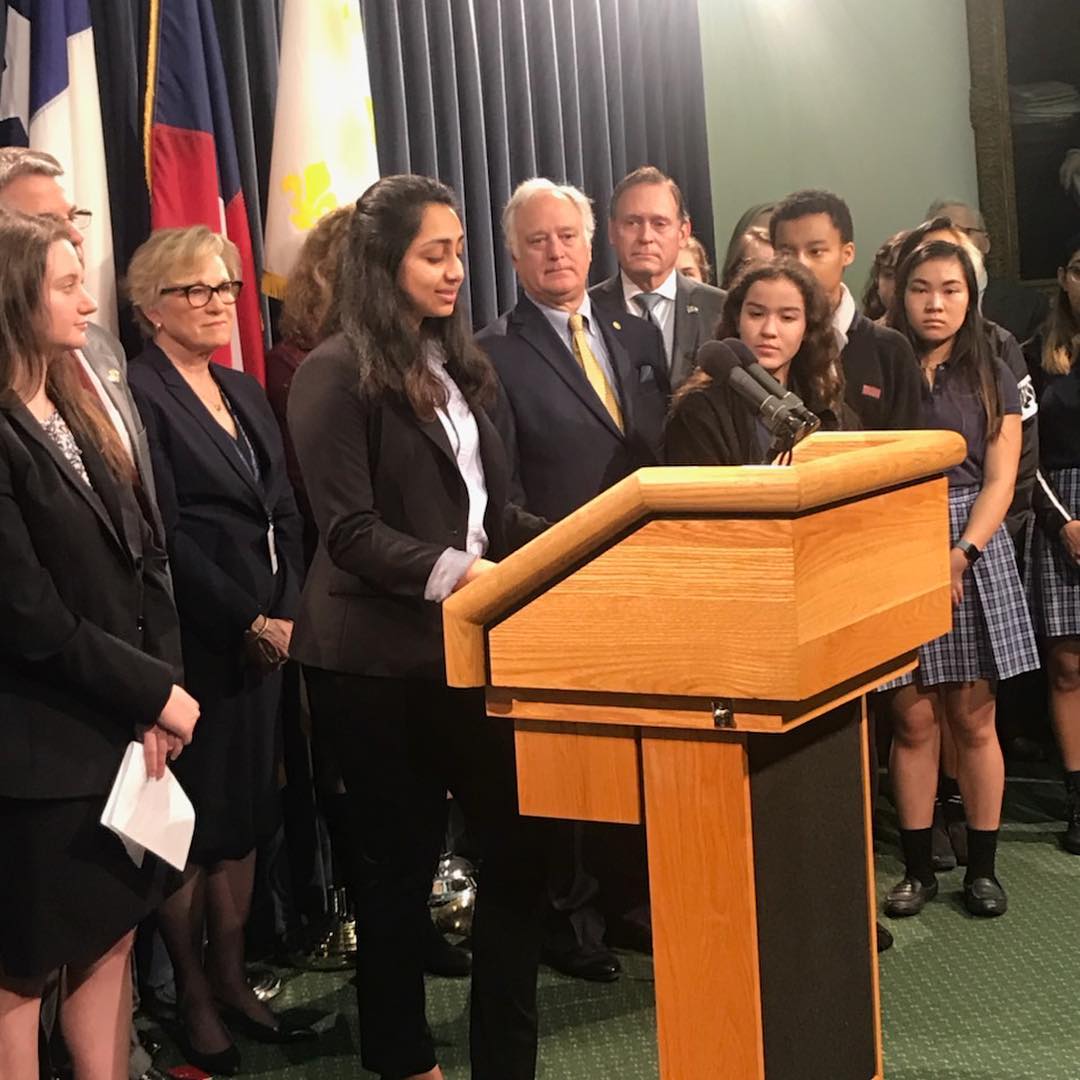
Standing with lawmakers from both parties at the Capitol, survivors of sexual assault and their advocates said Monday that the current legislative session offers the best hope to date that meaningful changes will be adopted in Texas.
Past sessions have improved the state’s response to domestic violence and child sexual assault. Now the time is ripe to do the same for sexual assault involving adults, particularly by nonstrangers, said Rose Luna, chief executive of the Texas Association Against Sexual Assault.
Luna praised a list of 20 bills designed to help ensure that victims are treated fairly, that prosecutors have better tools to fight sexual assault, and that rape-crisis centers and other beneficial organizations have the money and resources needed to help survivors.
“There is a different mood this session,” Luna said. “These are all survivor-centered bills. All of them, in a bipartisan effort, have gone the extra mile to ensure that survivor voices were at the table and to make sure these bills make sense” for survivors.
Rylee Trotter, president of Not on My campus, a student-led sexual assault prevention organization at the University of Texas, said the school’s Title IX office and other on-campus resources helped her through one of the hardest periods of her life after she had been assaulted.
That’s why Trotter said she supports Senate Bill 585 by Sen. Kirk Watson, D-Austin, which would create a state version of Title IX, the federal law that prohibits sex discrimination in education, including sexual violence and harassment.
Watson’s bill would require all Texas campuses to create a “just, safe investigative process” for sexual violence and ensure that campus police are trained in handling the trauma experienced by survivors, Trotter said.
“It’s appalling that these resources are not already in place at all Texas universities,” she said during Monday’s news conference outside the Senate chamber.
Trotter also praised SB 212 by Sen. Joan Huffman, R-Houston, which would let universities report incidents of sexual violence without disclosing information about survivors. Because some students fear the loss of privacy, “getting accurate data on campuses is absolutely essential to solving the problem,” she said.
Rhea Shahane, an assault survivor and a UT senior, said House Bill 282 by Rep. Victoria Neave, D-Dallas, would require police officers to receive training on how best to interview victims of sexual violence.
“It is crucial that when people do report, they are met with trauma-informed as well as culturally informed peace officers who can help them navigate the system,” Shahane said.
Several bills seek to update what survivors and advocates described as gaps in the law:
- SB 194 by Sen. Charles Perry, R-Lubbock, and HB 309 by Rep. Joe Moody, D-El Paso, would create a new crime, indecent assault, for touching or exposing another person’s private parts. Violators could spend up to one year in jail.
- SB 584 by Watson would clarify that a sexual assault had occurred if there was a lack of consent due to intoxication, if consent was withdrawn at any point, or if a hired caregiver assaults a person who is disabled.
- HB 152 by Rep. Ina Minjarez, D-San Antonio, would create reporting and storage standards for evidence of sexual violence that has been collected by a hospital or health center.
Advocates also praised the House and Senate budgets for including $7.5 million to address waiting lists at the state’s rape crisis centers.
“Survivors often feel like their voices are not heard in politics,” Trotter said, thanking Watson for “letting survivors like me know that somebody is listening.”
But Watson said credit for any progress at the Legislature should go to survivors.
“I continue to be moved by the survivors, the strength and the courage of the people who are willing to take a step up and let people know their stories,” Watson said.
“The momentum that we have, that has been created by the powerful voices, the courageous voices of the survivors. (It) is creating bipartisan agreement on how we need to address this issue,” he said.
Keep Reading
